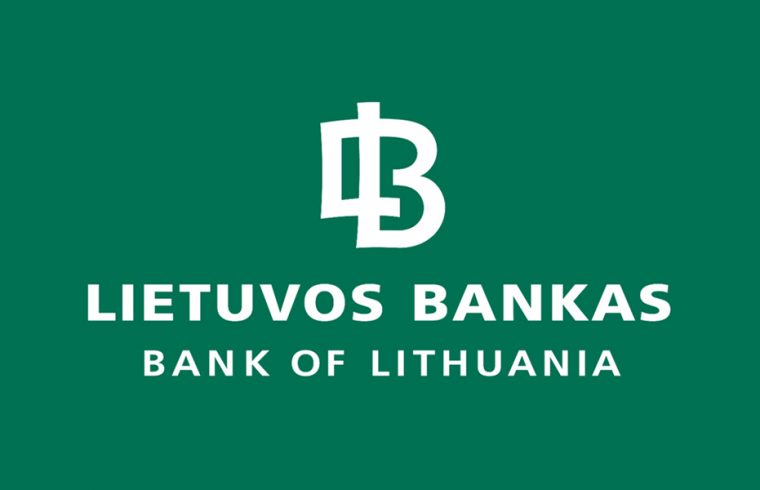According to Lithuanian financial institutions, cyberattacks and real estate (RE) bubbles will pose the major risk to the country’s financial system over the upcoming 6 months. The latest survey of financial institutions conducted by the Bank of Lithuania shows that previous concerns over risks related to indebtedness of European states and geopolitical tensions have waned over the recent half-year.
“It is likely that concerns over unsustainable developments in RE prices or imbalances in the RE market have been fuelled by active lending for house purchase. However, wage growth is still outpacing house prices,” said Tomas Garbaravičius, Member of the Board of the Bank of Lithuania.
Cyberattacks are of the highest concern to the major banks of the country. Yet it has to be noted that a relatively low number of Lithuanian financial institutions have actually been subject to cyber crimes: only 4 out of the 39 surveyed companies claimed having been hit by cyberattacks, but none of them incurred any losses.
According to survey results, the probability of an event that would have a strong adverse impact on Lithuania’s financial system has remained unchanged over the last 6 months. When asked on what could have the strongest negative effect on Lithuania’s financial system, respondents listed geopolitical tensions: Brexit, trade wars and the US-Iran conflict.
The surveyed financial institutions have indicated that possibilities of mitigating the effects of most of the risks to the domestic financial system are higher than average. The surveyed were most apprehensive about the possibilities of mitigating risks related to cyberattacks and unsustainable developments in RE prices, both of which pose the main threats to financial institutions.
The Survey of Risks to Lithuania’s Financial System is conducted by the Bank of Lithuania on a biannual basis. Banks, insurance undertakings, leasing companies, credit unions, investment management companies and other financial institutions assess the sources of major risks to Lithuania’s financial system, the probability of their materialisation and potential impact on the domestic financial system over the upcoming 6 months. The latest Survey is available on the Bank of Lithuania website.












